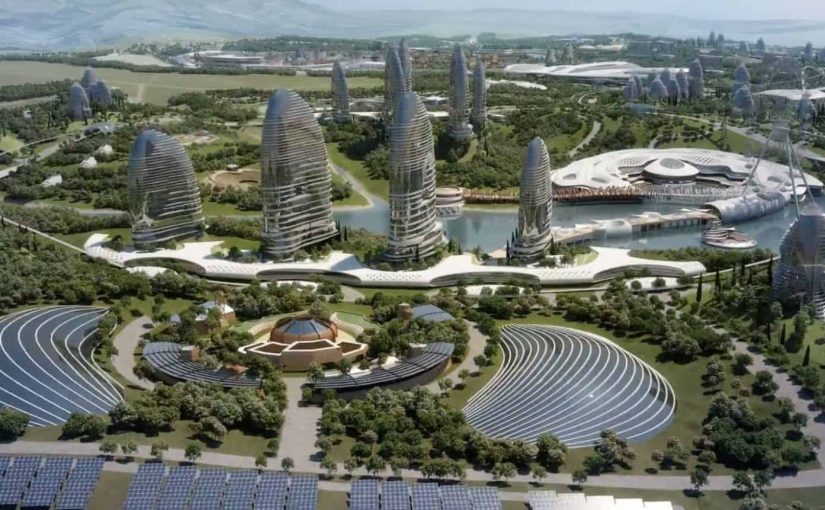On December 1955, Rosa Parks shocked the entire State of Alabama by refusing to obey bus driver’s order to give up her seat in the coloured section to a white passenger, after the white section was full. Although Rosa Parks was not the first person to resist bus segregation, her action inspired the modern Civil Rights Movement led by Martin Luther King, Jr.
Nowadays, talking about racial segregation in America (or in any other country in the western world) might seem preposterous. Thinking that one time there were seats for white passengers and seats for black passengers might seem senseless, a denial of those civil rights symbolized by Rosa Parks. Nevertheless a new kind of segregation (an economic segregation, not a racial one) still exists, and it’s growing everywhere in the world.
Let’s stay, for the sake of the arguments, within the transportation field. Is business class a new form of capitalistic segregation? The paradigm is quite similar: Rich people in the front seats with better services and more space. Less-Rich people in the back. However there’s a huge difference between business class and racial segregation. First of all, business class is something you don’t inherit. Secondly, you can choose to stay in business or economic. In theory, everyone can decide where to sit (if he or she can pay…). It’s a financial matter. And that’s why nowadays no Rosa Parks would give up her seat.
The American dream teaches us that everyone can be born poor and later become rich. From Ronald Reagan to Goldman Sachs’Jon Corzine or Chris Gardner, the self-made-man who inspired the movie “The Pursuit of Happyness” directed by Gabriele Muccino. On the other hand, if you are born black you remain black. And this possibility blots out every link between racial and economic segregation.
True, but if we really live (as the French economist Thomas Piketty writes in his book “Capital in the Twenty-First Century”) in times when economic and demographic growth is slower and slower and therefore financial growth (related to capital gain) is higher and higher, not only rich people will be richer and richer but also those who are born rich will be richer and richer instead those who are born poor will be poorer and poorer. When our wealth is not something we earned but something we inherited (just like the color of our skin) therefore meritocracy and, above all, the possibility to decide to sit in business or economy class doesn’t work anymore.
Without reaching the apocalyptic visions of the American science-fiction-action-thriller “Elysium”, directed by Neill Blomkamp, where human beings live in a dystopian future where rich and powerful people live in Elysium, a luxurious terraformed space habitat in orbit and the poor live on an overpopulated and inhospitable earth, I think today it’s very important to keep asking ourselves whether all the things, we now consider normal and acceptable, won’t be judged one day as an aberration of our time.
